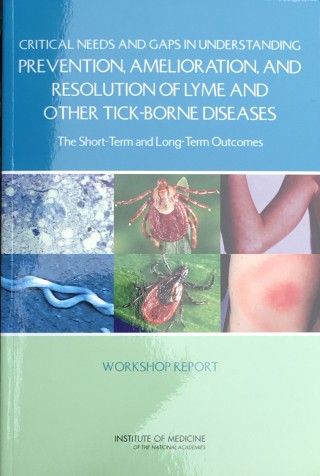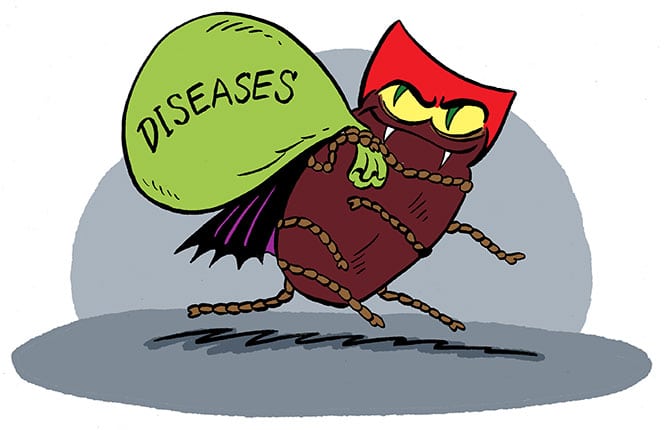
A New Report By The Iom Recognizes A Huge Knowledge Gap In Lyme Disease
April 22, 2011
Today the Institute of Medicine (IOM) released a report on the critical needs and gaps in Lyme disease research. The chair of the IOM Committee, Dr. Lonnie King stated: “significant gaps in knowledge exist that require new studies and research.”
Because of these significant gaps in knowledge about chronic Lyme disease, tens of thousands of Lyme patients are denied proper diagnosis and treatment. Executive Director of The National Capital Lyme Disease Association (NatCapLyme), Monte Skall, notes: “Many patients suffer from debilitating neurologic symptoms that render sick children unable to stay in school, sick parents unable to take care of their children, and sick adults unable to hold a job, all because they are not getting the treatment they need.”
The IOM Committee recognized that the burden of disease is a growing concern. Lyme disease affects hundreds of thousands of people across the country. NatCapLyme has for years been calling for new research and better treatment options for patients. The IOM report identified serious gaps in research:
Lyme patients, who are not diagnosed early and treated aggressively, often develop persistent, debilitating symptoms. The IOM reported that our biological understanding of persistent symptoms is lacking.
A survey by NatCapLyme found that nearly half (46%) of Lyme patients are coinfected with another tick-borne illness. Despite the growing problem of coinfection, the IOM reported that we do not understand how coinfections impact the severity of illness.
In October, tick-borne disease experts from across the country participated in a two-day workshop in Washington DC. One of the presenters was author and Lyme patient Pamela Weintraub who described how a stigma and bias against Lyme disease often results in delayed diagnosis. The IOM Committee echoed Ms. Weintraub’s call for new research.
NatCapLyme agrees with Dr. King’s statement that, “scientific research is the key to new knowledge and the application of this knowledge is the key to reducing the burden of illness.” Monte Skall notes, “we need a new research agenda on Lyme disease that will focus on persistently ill patients.” She encourages all parties, the research community, health agencies, treating physicians and patients interested in finding a cure for Lyme disease to work together.
To view the final IOM commissioned NatCapLyme submission, Click Here: The Human Dimension of Lyme and Other Tick-Borne Diseases: The Patient Perspective
To view the NatCapLyme Closing Panel final submission wrap-up, Click Here: NatCapLyme Closing Panel Final Submission Wrap-Up




